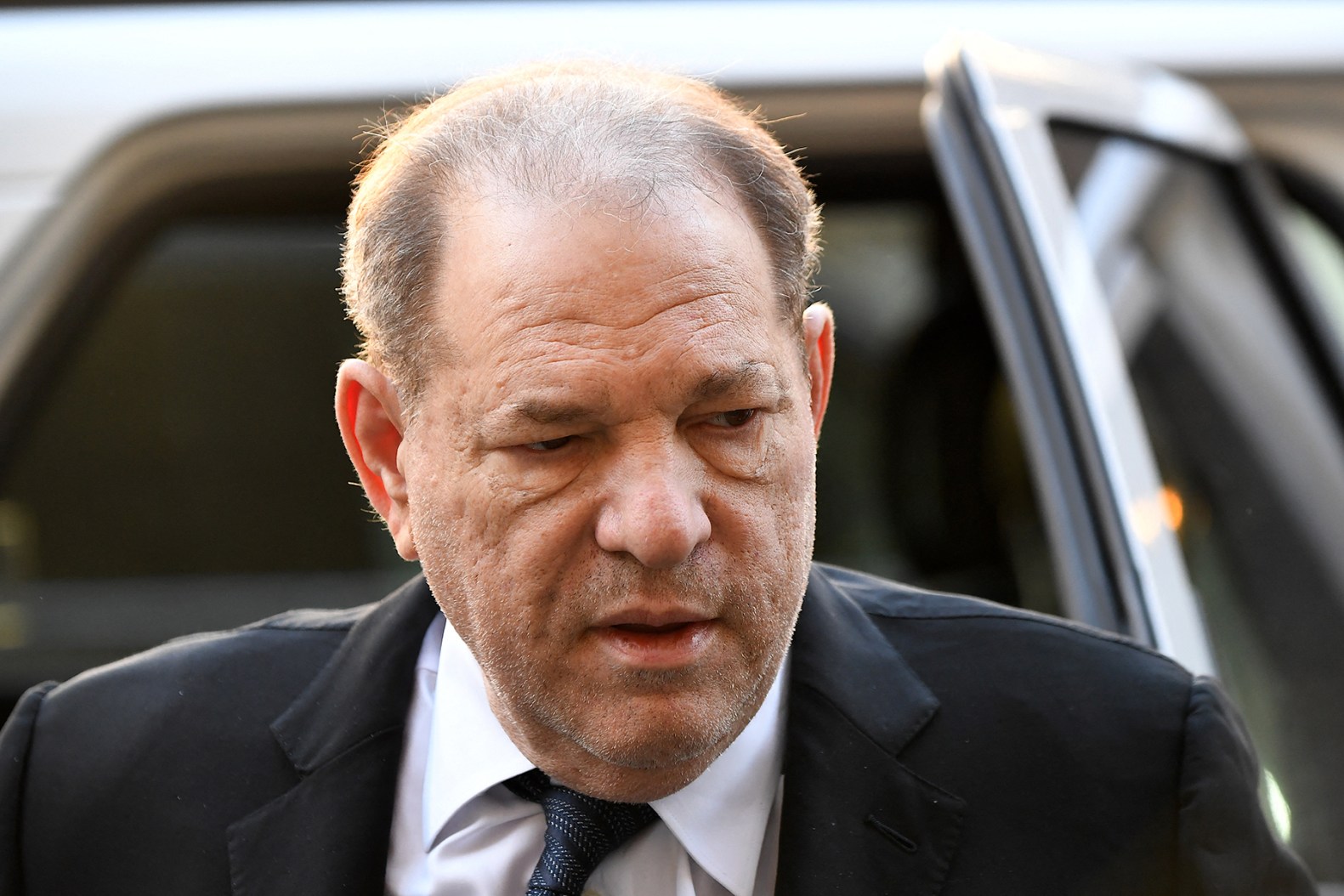In a surprising turn of events, the highest court in New York has overturned Harvey Weinstein’s conviction on sex crimes charges in Manhattan. The decision has raised numerous questions about Weinstein’s future, including the possibility of a new trial and the impact on his subsequent conviction in California.
The Manhattan District Attorney’s office, led by Alvin Bragg, has expressed its intention to retry the case, stating their commitment to survivors of sexual assault. The original conviction, handed down by a jury in February 2020, found Weinstein guilty of sexually assaulting Miriam Haley in 2006 and raping Jessica Mann in 2013. However, the appellate court’s ruling to overturn the conviction was based on the admission of excessive evidence regarding alleged “prior bad acts” and the unfair dissuasion of Weinstein from testifying.
While it remains uncertain how long Weinstein will remain in custody in New York, there is no possibility of his release on bail. Despite being free from the 23-year sentence in Manhattan, he is currently serving a 16-year sentence in California for rape and sexual assault. If New York prosecutors decide against a retrial, Weinstein will remain in custody until extradition to California.
Weinstein is also appealing his California conviction, with his legal team arguing that the same flaws and unfairness present in the New York case apply to his California trial. However, Evgeniya Chernyshova’s attorney, David Ring, disagrees, asserting that California’s specific evidence code allows for the testimony of other victims of sexual assault in criminal cases.
Apart from his criminal convictions, Weinstein faces ongoing civil litigation, including a lawsuit filed by Chernyshova and another by actor Julia Ormond. The latter alleges that Weinstein sexually assaulted her in 1995, with claims that talent agency CAA and studio owner Disney enabled the abuse. The case, filed in New York, is still ongoing.
The decision to overturn Weinstein’s conviction has been met with disappointment by victims’ attorney Douglas H. Wigdor, who represents eight Weinstein victims, including two of the Molineux witnesses in the New York trial. Wigdor argues that evidence of other uncharged acts is routinely admitted in court to assist juries in understanding the defendant’s intent, modus operandi, or scheme.


1 Response
This news is indeed surprising and has significant implications for the legal system and the #MeToo movement. It highlights the importance of understanding and analyzing the legal processes and decisions that shape our society.
One real-world application of this information is the need for a comprehensive review of the legal system’s approach to sexual assault cases. This case brings attention to the challenges faced by survivors of sexual assault when seeking justice, as well as the complexities of prosecuting such cases.
It is crucial for policymakers, lawmakers, and activists